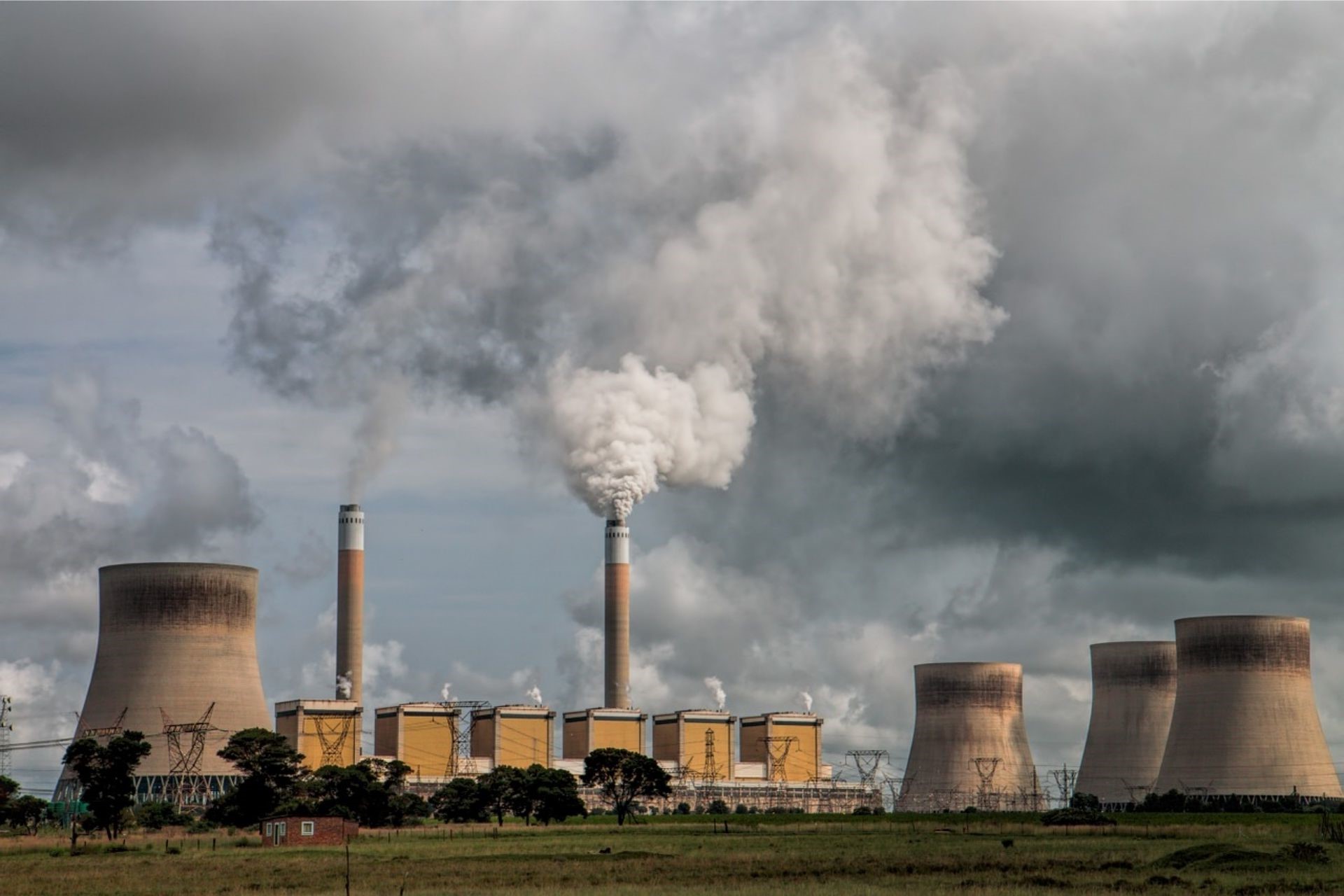
Fossil fuels have been humanity's primary energy source for centuries, powering everything from homes to industries. However, their impact on the environment is profound and multifaceted. From air pollution to climate change, the effects are both immediate and long-lasting. In this post, we'll uncover 13 critical facts about how fossil fuels are affecting our planet. These insights aim to inform, provoke thought, and inspire action towards more sustainable energy solutions. As we delve into the consequences of our reliance on coal, oil, and natural gas, we'll also highlight the importance of transitioning to renewable energy sources. Understanding these impacts is the first step in fostering a healthier, more sustainable world for future generations.
Understanding Fossil Fuels
Fossil fuels, including coal, oil, and natural gas, have powered human civilization for centuries. However, their extraction and use come with significant environmental consequences. Here are some key facts about the effects of fossil fuels on our planet.
Air Pollution
Burning fossil fuels releases a variety of pollutants into the air, affecting both human health and the environment.
- Carbon Dioxide Emissions: Fossil fuels are the largest source of carbon dioxide (CO2) emissions, contributing to global warming and climate change.
- Sulfur Dioxide: Burning coal and oil releases sulfur dioxide (SO2), which can cause acid rain, harming ecosystems and buildings.
- Nitrogen Oxides: These pollutants contribute to smog and respiratory problems in humans.
- Particulate Matter: Tiny particles released from burning fossil fuels can penetrate deep into the lungs, causing health issues like asthma and bronchitis.
Water Pollution
The extraction and use of fossil fuels can also contaminate water sources, affecting both wildlife and human populations.
- Oil Spills: Accidents during oil extraction and transportation can lead to devastating oil spills, harming marine life and coastal ecosystems.
- Coal Mining Runoff: Water used in coal mining can carry harmful chemicals into rivers and streams, affecting aquatic life.
- Fracking Fluids: Hydraulic fracturing, or fracking, uses chemicals that can contaminate groundwater supplies.
Habitat Destruction
Extracting fossil fuels often requires significant land use, leading to habitat loss and fragmentation.
- Deforestation: Clearing forests for coal mining or oil extraction destroys habitats for countless species.
- Land Degradation: Surface mining and drilling can lead to soil erosion and loss of fertile land.
- Wildlife Displacement: Animals are often forced to relocate due to habitat destruction, leading to population declines.
Climate Change
The most significant impact of fossil fuels is their contribution to climate change, which has far-reaching effects on the environment.
- Global Warming: Increased CO2 levels from burning fossil fuels trap heat in the atmosphere, raising global temperatures.
- Melting Ice Caps: Warming temperatures cause polar ice caps and glaciers to melt, leading to rising sea levels.
- Extreme Weather: Climate change increases the frequency and severity of extreme weather events, such as hurricanes, droughts, and floods.
A Final Glimpse at Fossil Fuels and Our Planet
We've journeyed through the impacts of fossil fuels on our environment, uncovering truths that often go unnoticed. From air and water pollution to the undeniable contribution to climate change, the evidence is clear. Fossil fuels, while pivotal in powering our modern world, come with a hefty environmental price tag. Alternatives like renewable energy sources offer a beacon of hope, promising a cleaner, more sustainable future. Embracing these alternatives and advocating for change is not just beneficial but essential for the health of our planet. As individuals and communities, the power to influence the future of our environment lies in our hands. Let's make informed choices, reduce our carbon footprint, and work towards a greener, more sustainable world. Every small step counts in the grand scheme of protecting our planet for future generations.
Was this page helpful?
Our commitment to delivering trustworthy and engaging content is at the heart of what we do. Each fact on our site is contributed by real users like you, bringing a wealth of diverse insights and information. To ensure the highest standards of accuracy and reliability, our dedicated editors meticulously review each submission. This process guarantees that the facts we share are not only fascinating but also credible. Trust in our commitment to quality and authenticity as you explore and learn with us.


